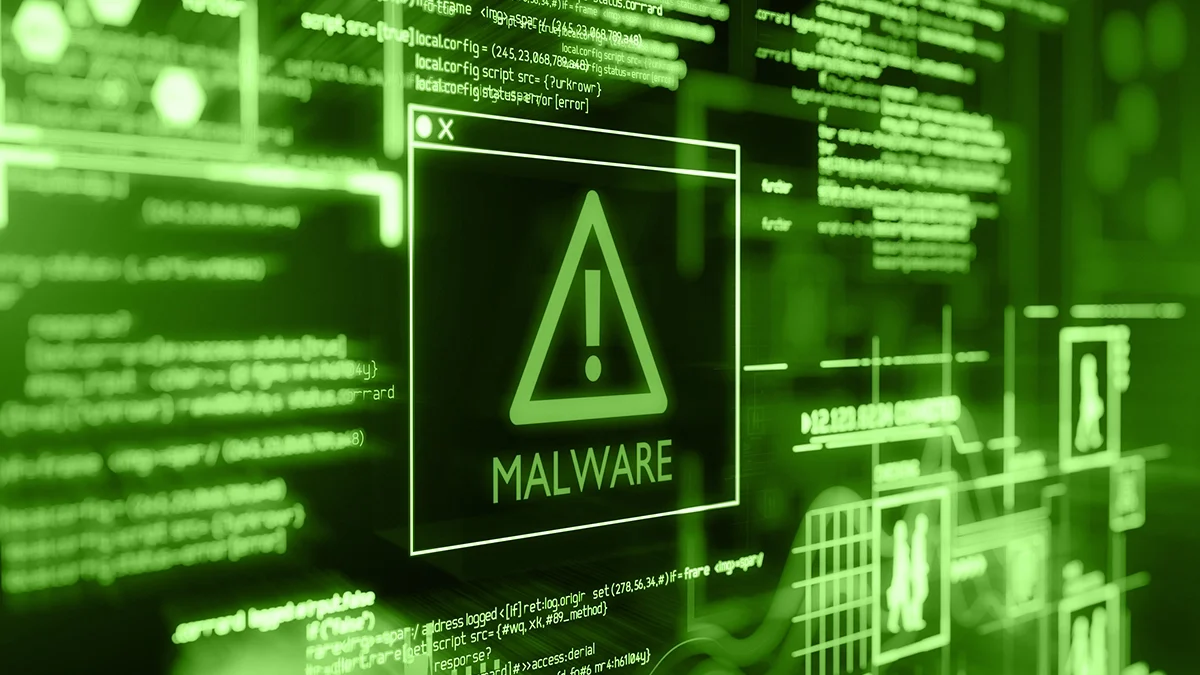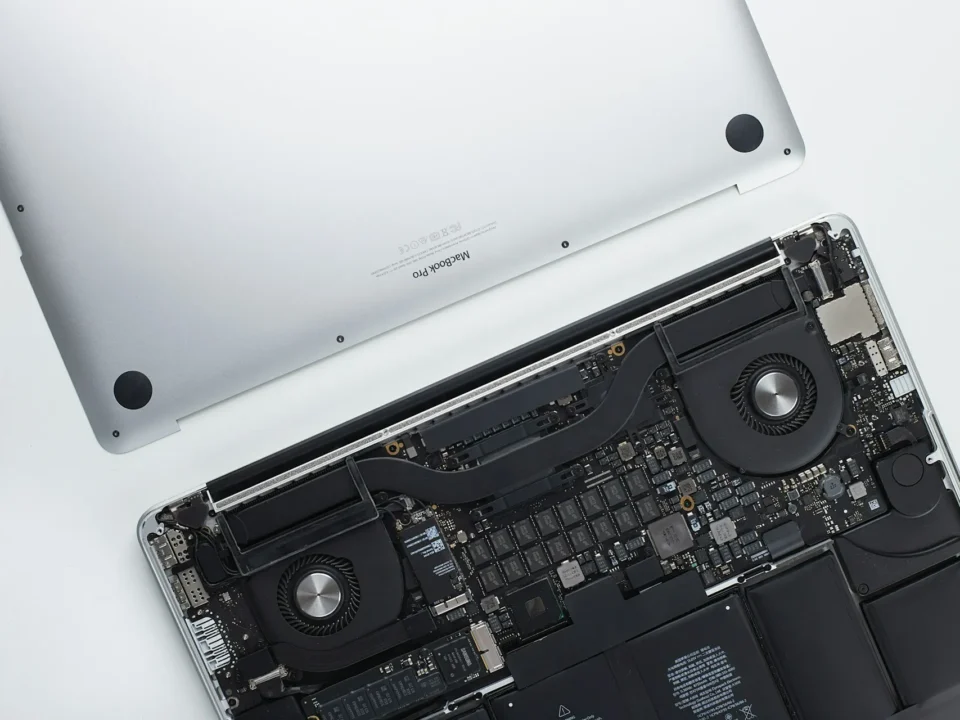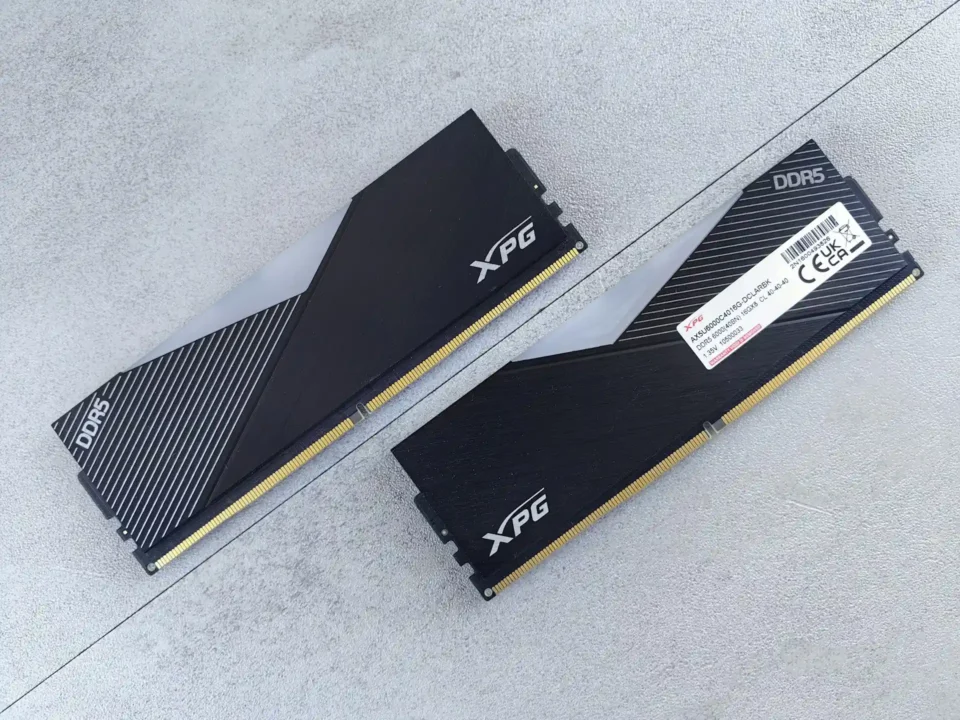5 Signs That You May Have Malware on Your Computer and How to Deal With It

What is the Difference Between the Main Operating Systems on a User Level?
October 22, 2024
What Are the Key Differences Between SSD and HDD, and Which Is Best for You?
December 10, 2024In our increasingly connected world, computers have become essential to our daily lives. Whether we’re using them for work, entertainment, or simply staying in touch with loved ones, a computer’s smooth functioning is crucial. But nothing can disrupt your digital life quite like a malware infection. Unfortunately, malware is more sophisticated than ever, and many users don’t realize their computer has been compromised until it’s too late.
In this guide, we’ll walk you through the 5 key signs that your computer may have malware and provide practical solutions to deal with it. If you suspect your system is infected or if you simply want to be prepared, this article is for you. And if you need expert assistance, the team at Eagletech Computers is just a phone call away.
- Slow Performance and Frequent Crashes
One of the most common signs that your computer might have malware is sluggish performance. If your once lightning-fast machine is now crawling along, this could indicate that malicious software is hogging your system’s resources. Malware, such as Trojans and worms, can use up significant amounts of CPU power and memory, leaving little for legitimate programs.
What to Look For:
- Applications take an unusually long time to open.
- Files take forever to download or save.
- Your computer frequently freezes or crashes unexpectedly.
What to Do:
Start by running a trusted antivirus scan. Many reputable antivirus programs can detect and remove common types of malware. However, some more persistent infections may require a specialized malware removal tool.
If the issue persists, consider booting your computer into Safe Mode and running a full scan from there. Safe Mode disables non-essential processes, which can help eliminate malware that hides behind normal system functions.
- Annoying Pop-Ups and Strange Advertisements
Pop-ups and advertisements appearing out of nowhere can be another sign that your computer is infected. Adware is a type of malware that bombards you with ads, often redirecting you to questionable websites. These ads can appear even when you’re not browsing the internet, which is a clear red flag.
What to Look For:
- Random pop-ups, especially on websites that usually don’t have ads.
- Your default browser homepage or search engine suddenly changes without your permission.
- Frequent redirects to suspicious websites.
What to Do:
Check your browser settings and remove any suspicious extensions. It’s also a good idea to reset your browser to its default state. Additionally, install an anti-adware tool to detect and remove any hidden adware.
- Unexplained Hard Drive Activity
If your hard drive is constantly working even when you’re not doing anything intensive, it could be a sign of malware running in the background. Some types of malware, like cryptojackers, use your system to mine cryptocurrency, which can put a significant strain on your hardware.
What to Look For:
- Hard drive light flickers constantly, even when the system is idle.
- Your computer’s fans are spinning at high speeds for no apparent reason.
- You hear unusual noises coming from your hard drive.
What to Do:
Open your Task Manager (Windows) or Activity Monitor (macOS) to check for unfamiliar processes using a lot of CPU, memory, or disk resources. If you notice something suspicious, search for the process name online to see if it’s associated with malware. If you’re not sure how to proceed, contact a professional for help.
- Unauthorized Changes to Your System Settings
One of the scariest aspects of malware is its ability to alter your system settings without your consent. This can include disabling your antivirus software, changing your firewall settings, or even blocking you from accessing certain websites. Rootkits are particularly notorious for this behavior because they can gain deep access to your operating system.
What to Look For:
- Your antivirus software is disabled, and you can’t re-enable it.
- System settings change unexpectedly, such as your screen resolution or network settings.
- You receive error messages saying certain programs can’t run.
What to Do:
Try restoring your system to a previous restore point to undo any unauthorized changes. If that doesn’t work, consider using a bootable antivirus tool that can scan your system outside of the regular operating system environment. This can help you remove deeply embedded threats that traditional antivirus programs might miss.
- Unexplained Network Activity and High Data Usage
Malware often needs to communicate with its creator by sending data back to a command-and-control server. If your internet connection is much slower than usual or you’re seeing high data usage without any obvious cause, your system might be infected with a botnet or spyware.
What to Look For:
- Internet speed drops dramatically even when you’re not streaming or downloading anything.
- Your data usage spikes for no apparent reason.
- You notice unusual devices connected to your network.
What to Do:
Use a network monitoring tool to see which applications are using your internet connection. If you spot any unfamiliar programs or high levels of network traffic, this could be a sign of malware. Reset your router to factory settings if necessary, and change all your passwords to ensure your network’s security.
Need Help? Contact Eagletech Computers
If you’ve noticed any of these signs on your computer, you may have a malware infection. While some issues can be resolved with a bit of technical know-how, more complex infections might require professional assistance. Don’t wait until it’s too late — contact Eagletech Computers to get your system back to peak performance.
Contact Us Today:
- Email: sales@eagletechcomputers.com
- Phone: (845) 735-1381
Our team of experts can help diagnose the issue, remove any malware, and secure your system against future attacks. Let us handle the technical headaches so you can get back to what matters most.




